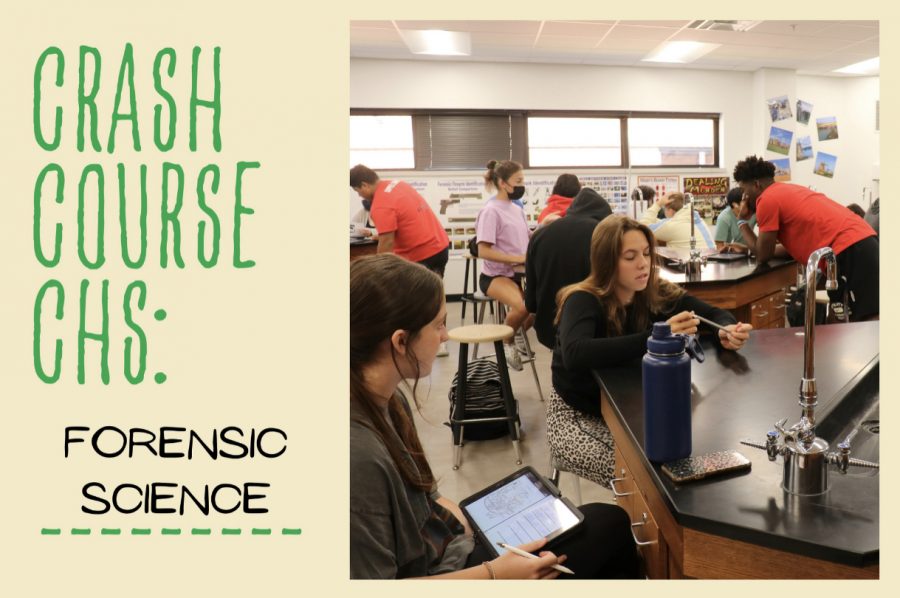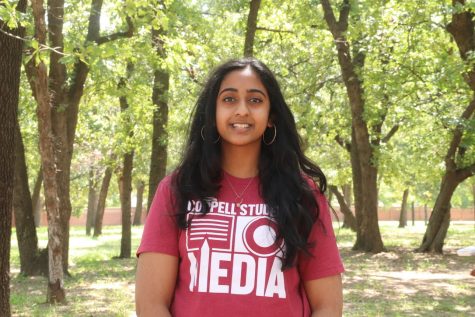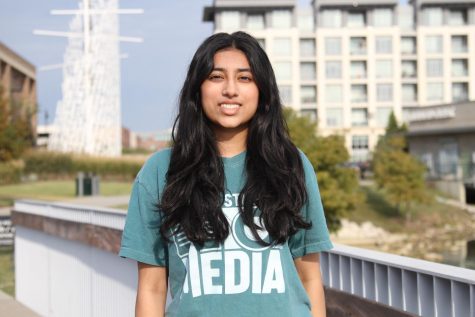Crash Course CHS: forensic science
Coppell High School forensic science students work to solve a mystery lab in seventh period on Thursday. Sandy Larson has been teaching forensic science for five years.
October 13, 2021
Crash Course CHS is a Sidekick series in which student life editor Anette Varghese answers questions about CHS courses. In this edition, Varghese talks to CHS forensic science teacher Sandy Larson.
What grade levels can take forensics?
Typically, [forensics] is a fourth year science, meaning the majority of the students are seniors. But, juniors can take the course if they’re doubling up on sciences. [Juniors] must have taken biology and chemistry before taking this course.
Is the class difficult?
No, I do not think my class is difficult. My course is interesting and a lot of the students that take this course have watched different forensics shows and have developed an interest in forensic science. It can be a lot of work at times because of what we discuss in class.
What exactly does a forensic scientist do?
The job of a forensic scientist does not exist. There are many different jobs under the umbrella of forensics. Basically, you can put the word forensics in front of a job and you have a forensic science career. For example, forensic engineering, forensic DNA analysis and forensic toxicologist.
Does the course include hands-on labs and activities?
Yes, there are plenty of them. We finished our mock crime scene [activity] last month.
Are the assessments project-based or paper and pencil?
The assessments are both. I prefer looking and seeing that [students] got the experience and understand it over a paper test. But, I still need the data to make sure the content is understood.
How is forensics classified by the TEA?
[Forensics] is classified as a fourth-year science and a CTE (Career and Technical Education) course. It can count as one or the other depending on the students schedule.
What majors or career paths would you recommend this course to?
If you want to be a doctor, forensics might interest you because there are forensic jobs in the medical field.
Is there anything else you would like to add?
I was a forensic DNA analyst before I was a teacher, so I have access and experience with a lot of high profile cases. One of my mentors testified during the O.J. Simpson case. I was allowed to consult on the Amanda Knox case, Casey Anthony and John Wayne Gacy.
Follow Anette(@AnetteVarghese) and @CHSCampusNews on Twitter.











